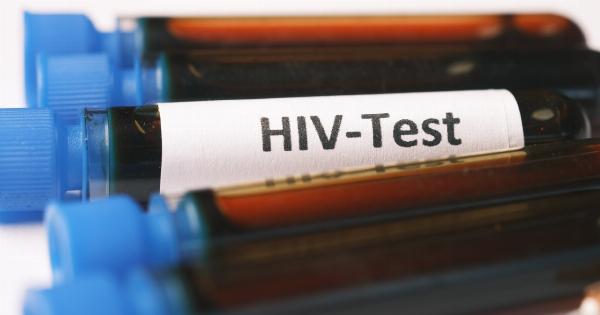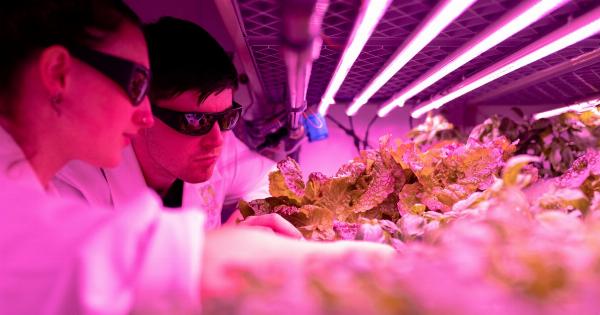The human immunodeficiency virus (HIV) is a global health challenge, with millions of individuals infected and affected by this virus.
Despite significant progress in the development of antiretroviral therapy, there is still a need for innovative approaches to prevent HIV infection. One promising avenue of research is the use of natural compounds, such as gerani extract, which has shown potential in inhibiting HIV replication and preventing viral transmission.
Understanding HIV Infection
HIV is a retrovirus that primarily targets CD4+ T cells, a type of white blood cell that plays a crucial role in the human immune system.
Upon infection, the virus hijacks the CD4+ T cells, using them as factories to replicate and spread throughout the body. This continuous replication and destruction of CD4+ T cells weakens the immune system, eventually leading to acquired immunodeficiency syndrome (AIDS) if left untreated.
The Role of Gerani Extract
Gerani extract, derived from the geranium plant, has gained attention for its potential antiviral properties. Studies have shown that gerani extract contains bioactive compounds that exhibit inhibitory effects against various viruses, including HIV.
These compounds work by interfering with key steps in the HIV replication cycle, preventing viral attachment, entry, and replication.
Inhibition of HIV Replication
Several in vitro studies have demonstrated the ability of gerani extract to inhibit HIV replication. These studies have shown that gerani extract can reduce viral load by suppressing the production of new viral particles.
The compounds present in gerani extract target viral enzymes and proteins, disrupting their function and preventing the virus from replicating effectively.
Preventing Viral Transmission
In addition to its direct antiviral effects, gerani extract has shown promise in preventing viral transmission. Studies have revealed that gerani extract can inhibit the attachment of HIV to target cells, blocking the initial step of viral entry.
By preventing the attachment of the virus to CD4+ T cells, gerani extract may significantly reduce the risk of viral transmission from infected individuals.
Safety and Side Effects
Preliminary studies on the safety of gerani extract have shown it to be well-tolerated, with minimal adverse effects. However, further research is necessary to determine the optimal dosage and long-term safety profile of gerani extract.
It is important to note that natural compounds can vary in potency and purity, and therefore, standardized formulations and quality control are crucial for consistent results.
Potential Applications
The potential applications of gerani extract in preventing HIV infection are diverse. It could be incorporated into topical microbicides or gels for use as a pre-exposure prophylaxis (PrEP) method.
Additionally, gerani extract could be explored as a component of combination therapies to enhance the efficacy of existing antiretroviral drugs and minimize the development of drug resistance.
Challenges and Future Directions
While the preliminary findings are promising, there are several challenges and unanswered questions that need to be addressed in future research.
These include determining the optimal dosage, assessing the potential for drug interactions, evaluating the long-term safety profile, and understanding the mechanism of action of gerani extract against HIV.
Conclusion
The use of natural compounds, such as gerani extract, holds great promise in the prevention of HIV infection. The inhibitory effects of gerani extract on HIV replication and viral transmission provide a strong rationale for further investigation.
While more research is necessary, the potential of gerani extract in complementing existing prevention strategies and enhancing their efficacy offers hope in the global fight against HIV/AIDS.




























